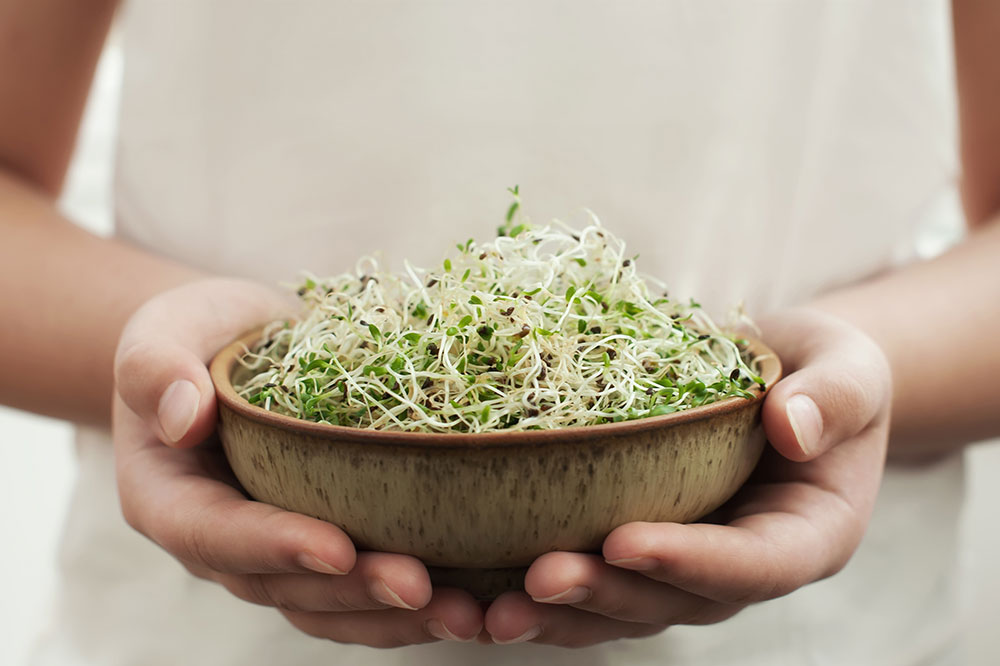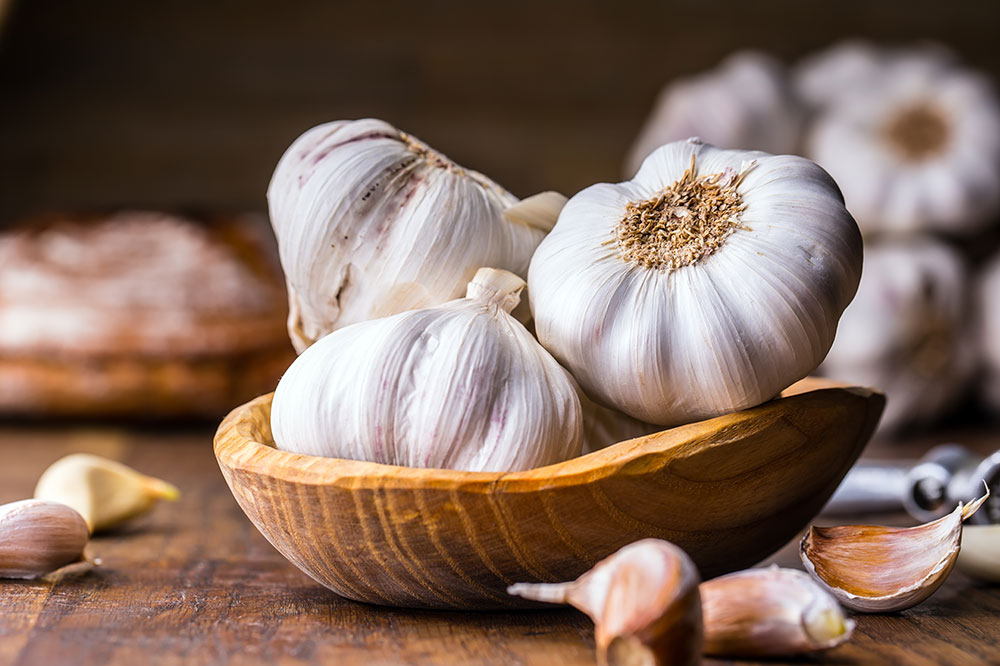Nutritional Strategies for Managing Lupus Symptoms
This article provides essential dietary advice for lupus sufferers, highlighting foods to consume for inflammation reduction and bone health, while warning against triggers like alfalfa sprouts and garlic that can exacerbate symptoms. Proper nutrition can assist in symptom management and improve overall well-being for individuals with lupus.

Dietary Guidelines to Support Lupus Management
Lupus is a chronic autoimmune condition where the immune system attacks healthy tissues, leading to inflammation and joint discomfort. While no specific diet cures lupus, making targeted dietary adjustments can help manage symptoms and decrease flare-up frequency. Here’s a comprehensive overview of foods to prioritize and those to avoid for individuals with lupus.
Beneficial foods for lupus include:
Omega-3 Fatty Acids
Known for their anti-inflammatory properties, omega-3s can help reduce disease activity. Incorporate fatty fish like salmon, sardines, mackerel, and trout, or plant-based sources such as walnuts, chia seeds, and flaxseeds to support health.
Calcium Sources
Since lupus treatments may affect bone strength, increasing calcium intake helps prevent osteoporosis. Good options are low-fat dairy, leafy greens like spinach and broccoli, beans, and tofu, but moderation is key due to saturated fat content.
Antioxidant-Rich Foods
Foods rich in antioxidants—vitamins A, C, E, selenium, and beta-carotene—assist in reducing inflammation and safeguarding cells. Include colorful fruits and vegetables, oats, nuts, legumes, and green or black tea in your diet.
Foods to avoid comprise:
Alfalfa Sprouts
Alfalfa sprouts contain L-canavanine, which can disrupt immune regulation and might trigger lupus flares. It’s advisable to steer clear of raw alfalfa in salads, sandwiches, or dishes.
Garlic
Though garlic can enhance immune health, it may over-activate the immune system in lupus patients, increasing the risk of flare-ups. Limiting garlic intake is recommended.


